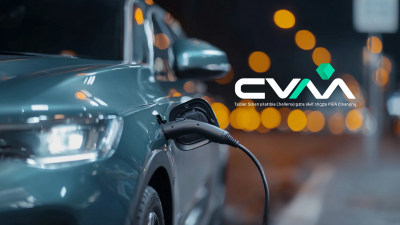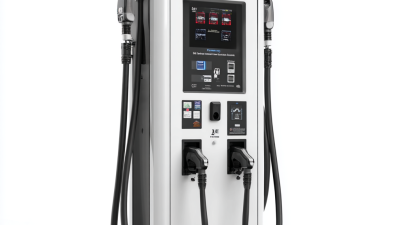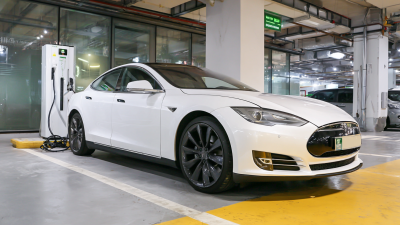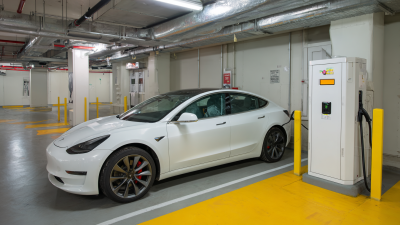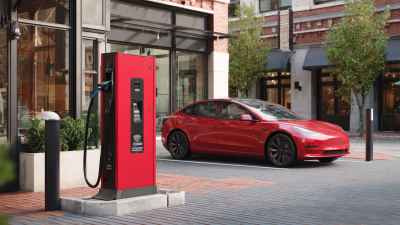The 2025 China Import and Export Fair, renowned as the largest trade event in China, serves as a critical platform for showcasing innovations in various industries, including the burgeoning electric vehicle (EV) sector. A pivotal focus at this year’s fair will be on DC EV Charger innovations, which have become essential as global demand for electric vehicles surges. According to a recent report by Allied Market Research, the global DC fast charger market is projected to reach $30 billion by 2027, growing at a compound annual growth rate (CAGR) of 33.3% from 2020 to 2027. This growth highlights the increasing need for efficient charging solutions, reflecting the rapid expansion of EV adoption, projected to hit 145 million units globally by 2030, as per the International Energy Agency. The fair represents an invaluable opportunity for industry players to explore the latest technological advancements, network with potential partners, and drive forward the electrification of transportation, fundamentally reshaping the future of mobility.
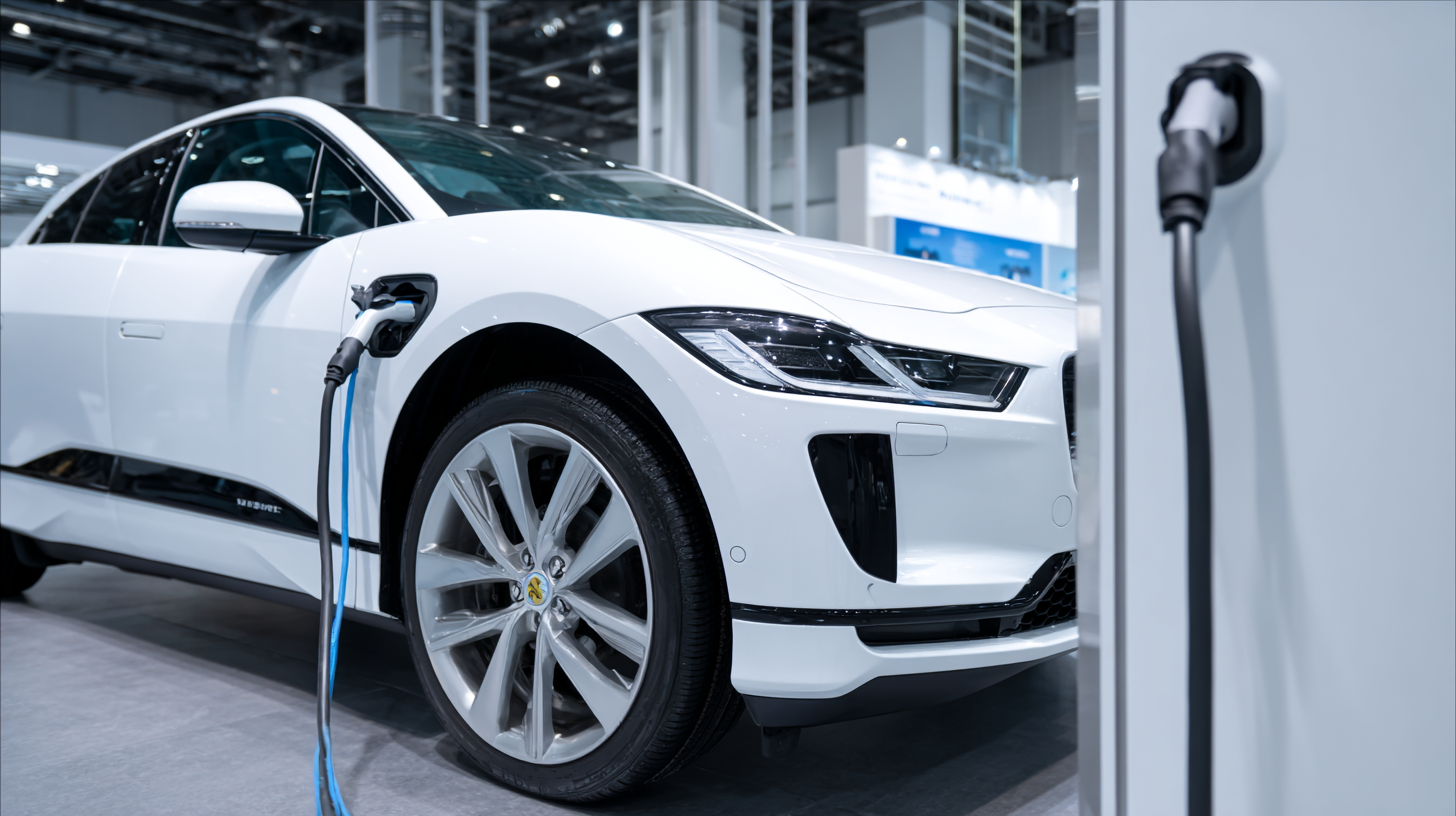
As the global market pivots towards sustainable energy, the role of DC EV chargers is becoming increasingly pivotal in reshaping future trade dynamics. These innovative charging solutions are not only essential for the expanding electric vehicle (EV) market but also signal a shift towards greener logistics and supply chains. By integrating DC fast charging infrastructure, companies can enhance operational efficiency and meet rising consumer demand for eco-friendly transport options. This transformation in charging technology is likely to influence how goods are transported, reducing carbon footprints and aligning with international sustainability goals.
Moreover, the presence of DC EV chargers at significant trade events like the 2025 China Import and Export Fair highlights their importance in fostering international cooperation and innovation. As nations come together to showcase their advancements in EV technology, the adoption of DC chargers can facilitate easier transportation of goods across borders, streamlining trade processes. The comprehensive adoption of such technologies not only bolsters competitive advantages for businesses but also enhances the overall trading experience, positioning countries that invest in EV infrastructure as leaders in the growing green economy.
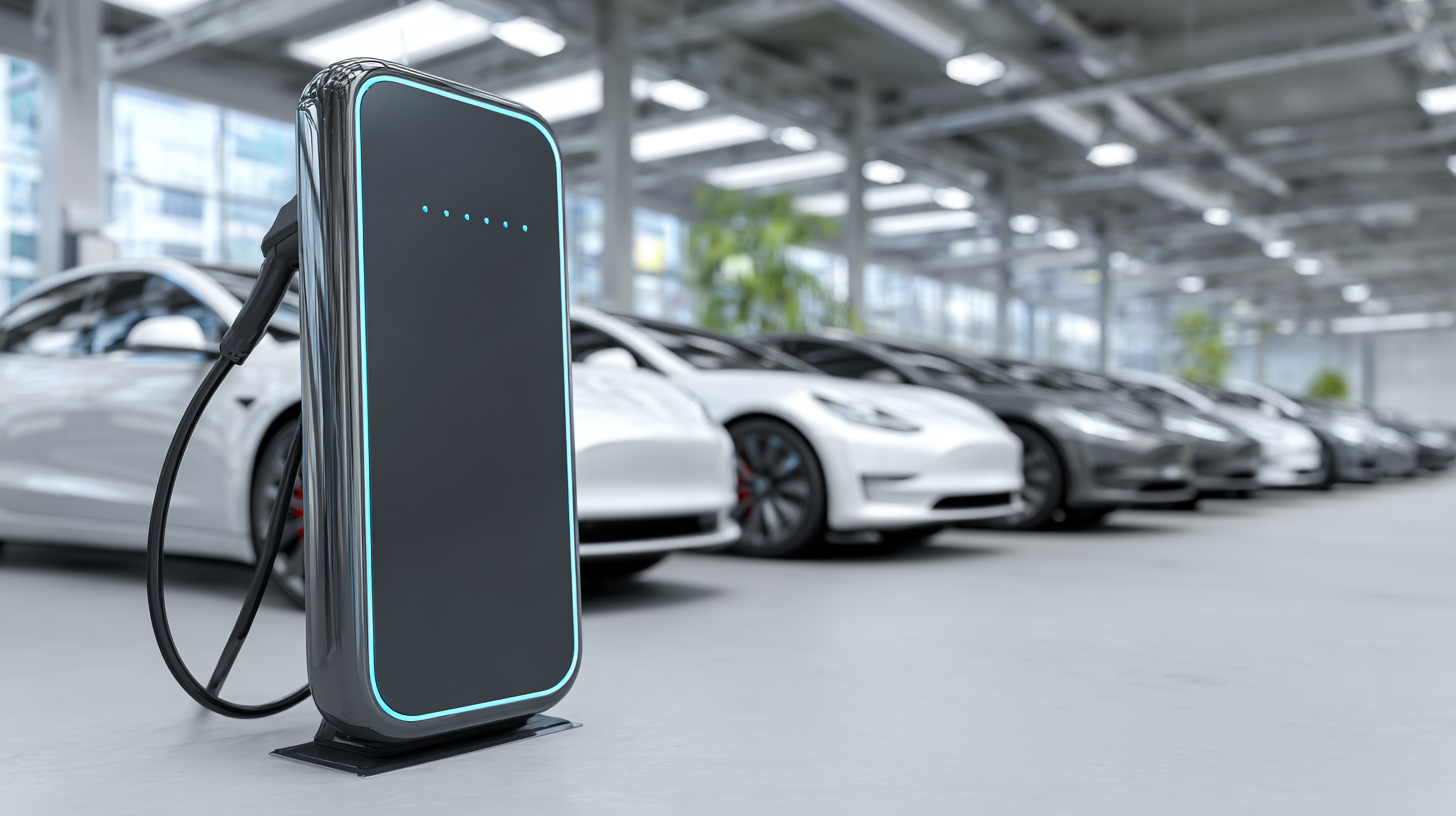
The 2025 China Import and Export Fair offers a pivotal platform for showcasing innovative technologies that are driving sustainable growth in the electric vehicle (EV) sector. As the demand for electric vehicles surges globally, advancements in DC EV charger technology are emerging as key enablers for this transformation. These chargers not only reduce charging time significantly but also enhance the overall efficiency of EVs, aligning with the industry's goal of minimizing carbon footprints and promoting cleaner transportation alternatives.
Innovative solutions such as smart charging systems and ultra-fast chargers are transforming how consumers and businesses alike approach EV adoption. These technologies provide users with enhanced accessibility and convenience, encouraging more drivers to make the switch from conventional fuel vehicles. Moreover, the integration of renewable energy sources with EV charging infrastructures highlights the potential for a synergistic relationship between sustainable energy and transportation, further propelling growth in the sector and supporting larger environmental goals. The fair stands as a testament to the significant strides being made in these areas, setting the stage for a greener future in mobility.
This chart illustrates the projected market growth percentage of DC EV Charger innovations from 2021 to 2025, showcasing the increasing focus on sustainable growth within the EV sector as highlighted at the 2025 China Import and Export Fair.
As the electric vehicle (EV) market continues to burgeon, understanding the demand for electric vehicle charging solutions becomes paramount. The global fixed EV charging gun market is projected to soar from $423 million in 2023 to approximately $3.1427 billion by 2030, reflecting a robust compound annual growth rate (CAGR) of 33.1%. This growth signals unprecedented opportunities for innovation in EV charging technologies, particularly in response to changing consumer preferences and heightened environmental awareness.
**Tips:** To capitalize on this burgeoning market, businesses should invest in research and development to enhance charging efficiency and accessibility. Engaging with consumer feedback can also drive product improvements and align offerings with market needs.
Moreover, the electric vehicle supply equipment (EVSE) market is expected to grow significantly, with estimates ranging from $68.72 billion in 2024 to $65.82 billion by 2032, achieving a remarkable CAGR of 32.6%. This growth underscores the necessity for comprehensive charging infrastructure to keep pace with the increasing number of EVs on the road.
**Tips:** Companies in the EVSE sector should consider strategic partnerships with local governments and industry stakeholders to accelerate the deployment of charging stations. Leveraging smart technologies, such as wireless charging solutions, can also enhance user experience and boost market competitiveness.
| Year | Market Segment | Sales Volume (Units) | Growth Rate (%) | Average Price (USD) |
|---|---|---|---|---|
| 2021 | Residential Charging Solutions | 50,000 | 15% | 500 |
| 2022 | Public Charging Stations | 100,000 | 20% | 1,200 |
| 2023 | Commercial Charging Solutions | 75,000 | 18% | 900 |
| 2024 | Fleet Charging Solutions | 80,000 | 22% | 1,000 |
| 2025 | DC Fast Charging Solutions | 120,000 | 25% | 1,500 |
The 2025 China Import and Export Fair presents a pivotal opportunity for stakeholders in the electric vehicle (EV) charging industry to forge strategic partnerships and collaborations. As the demand for electric vehicles continues to rise, the creation of innovative DC EV chargers is integral to supporting this growth. Companies are beginning to align with technology providers and infrastructure developers to enhance charging solutions, focusing on speed, efficiency, and accessibility. These partnerships not only help in sharing costs and resources but also facilitate the integration of cutting-edge technology into the charging ecosystem.
Moreover, collaboration between manufacturers, energy suppliers, and local governments is vital in establishing a cohesive framework for EV infrastructure. Joint ventures can ensure the deployment of robust charging networks that meet the needs of urban and rural areas alike. By leveraging each partner’s strengths—be it technological expertise, distribution channels, or regulatory knowledge—these alliances can accelerate the adoption of DC EV chargers. As the EV market matures, continued innovation will stem from these cooperative efforts, fostering a sustainable charging infrastructure that can keep pace with the booming electric vehicle industry.
The 138th Canton Fair is set to leave a significant impact on global trade and the development of electric vehicle (EV) infrastructure. As China opens up its markets amid rising protectionism, there are abundant opportunities for international cooperation. The fair is not only a platform for showcasing innovative technologies, such as DC EV chargers, but it also reflects the country’s commitment to enhancing its EV infrastructure. According to recent data, the global EV market is projected to grow from approximately $163 billion in 2020 to $800 billion by 2027, with a compound annual growth rate (CAGR) of over 22%. This growth underscores the urgency for robust charging infrastructure to support the burgeoning demand for electric vehicles.
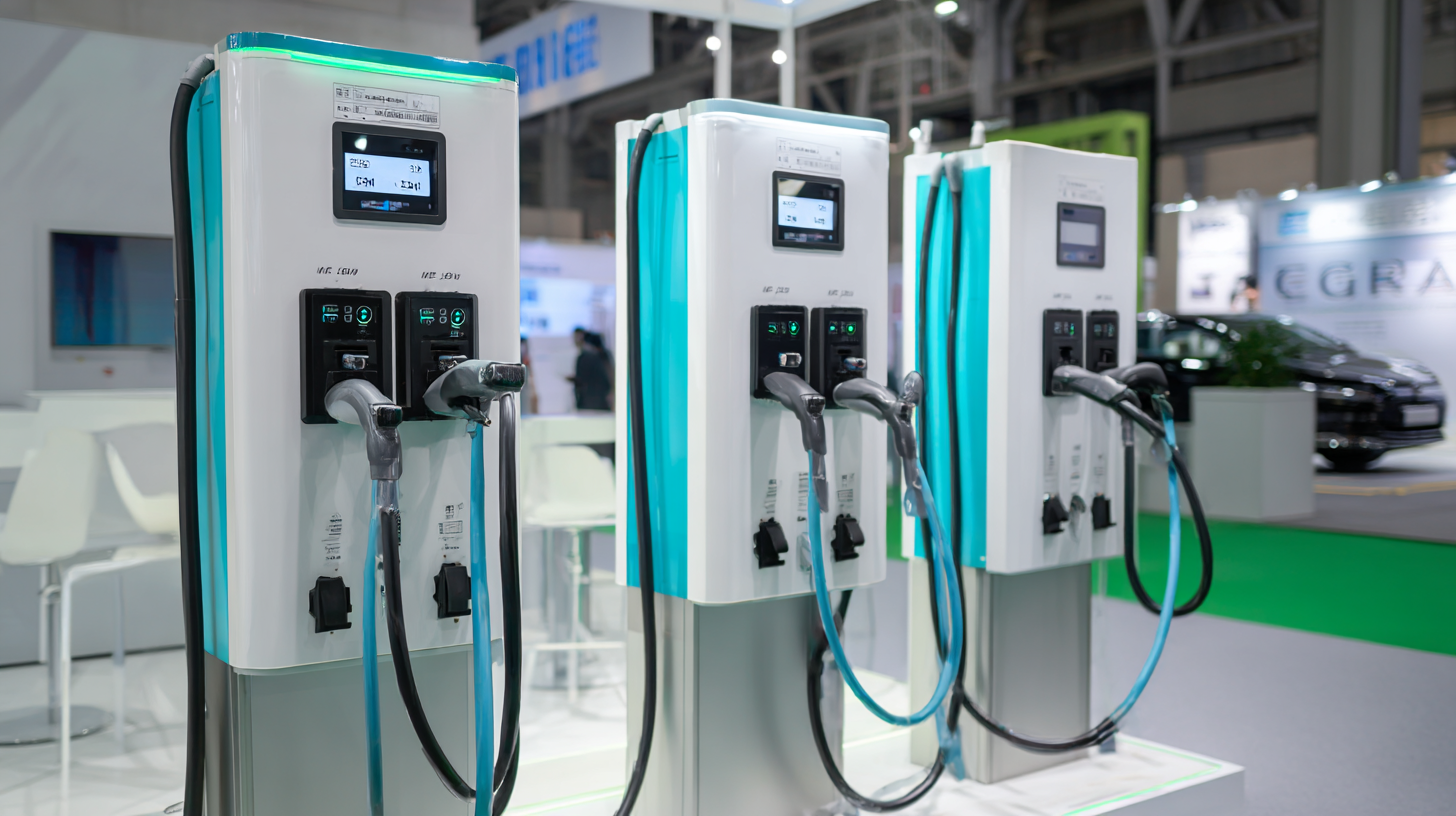
Tips: Companies looking to enter the EV market should consider attending major trade fairs like the Canton Fair to connect directly with manufacturers and suppliers, ensuring access to the latest innovations. Establishing partnerships with local players can further enhance business prospects.
The continued development of EV infrastructure is pivotal for both local and global economic stability. As countries work towards reducing carbon emissions, the Canton Fair provides vital insights into how innovation in charging technology, such as fast-charging stations, can facilitate this transition. Recent reports indicate that expanding charging networks can enhance EV adoption by alleviating range anxiety, a key barrier to growth.
Tips: Keeping abreast of evolving regulations and consumer preferences in the EV sector can help businesses align their strategies effectively and foster long-term growth.
